Accor tightens its grip on luxury hotel market with Faena deal
The new strategic partnership rounds out a fast-growing portfolio of buzzy lifestyle brands not seen since the Starwood days.
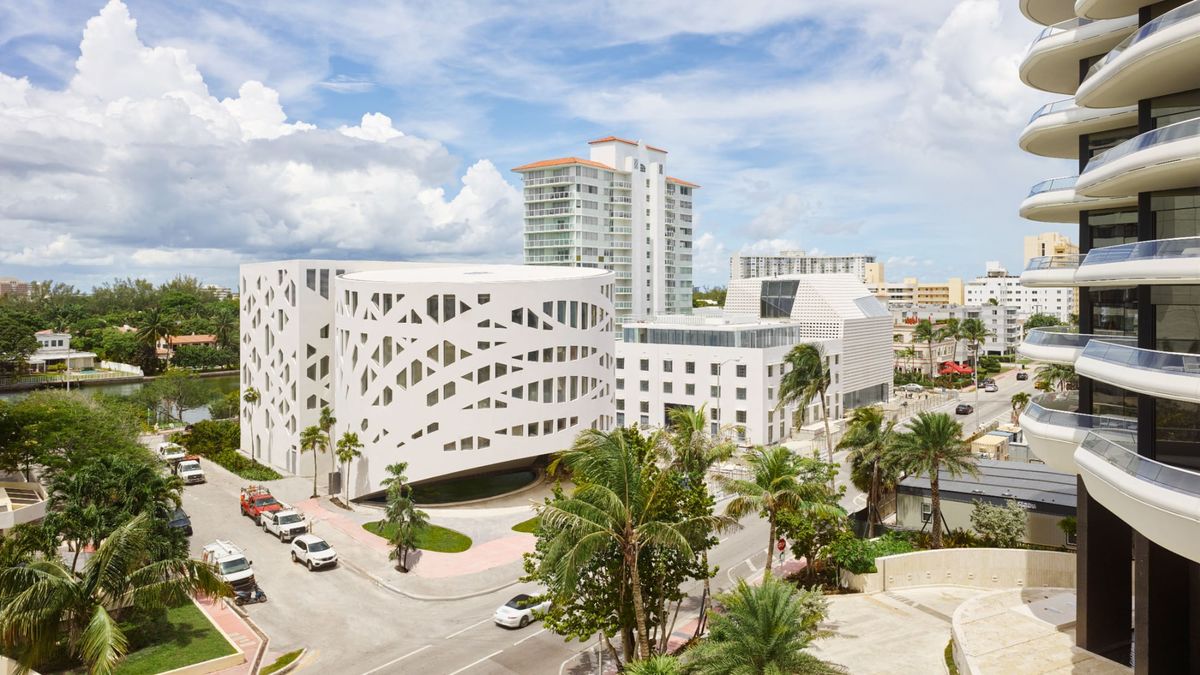
Anyone still pining for the glory days of Starwood before Marriott may have new reason to be hopeful about post-pandemic travel.
Yes, Starwood’s brands still exist - and thrive, even – under Marriott’s watchful eye. But many passionate fans still mourn the user-friendly loyalty program, the cutting-edge technology, and startup-like innovation that existed before it all got absorbed into the largest hotel company in the world.
Enter the French hotel conglomerate Accor, which is on track to fill the void of personality-packed, luxury lifestyle hotels left behind by Marriott’s US$13 billion Starwood acquisition in 2016.
Despite its relatively low profile among consumers, Accor is the largest hospitality company in Europe and, with nearly 5,000 hotels, the sixth-largest worldwide.
Building momentum
In 2016, it made waves by buying Raffles, Fairmont, and Swissotel – a nearly US$3 billion move intended to bolster its position with a high-end clientele. (Rooms at Le Royal Monceau in Paris, one of Raffles's most famous hotels, run upward of $1,600 per night.)
In the intervening years, the company has built a formidable portfolio of 12 luxury lifestyle brands with locations from Durham, N.C., to Doha – almost from scratch.
That momentum has been fast and furious in recent months.
Last November, Accor announced a merger with Ennismore, a company whose brands include hip, trendy Hoxton and the ritzy Gleneagles in Scotland.
The same month, it took full ownership of SBE, Sam Nazarian’s mini-empire of nightlife-centric hotel brands, including SLS, Delano, and Mondrian, and opened the first location of its new lifestyle brand, Tribe, whose pipeline includes 50 locations from Paris to Amsterdam and Warsaw.
Now Accor has secured the crown jewel in this burgeoning portfolio: Faena.
Made official on Tuesday, the namesake brand of exuberant, fantastical hotels dreamed up by Argentine entrepreneur Alan Faena – currently with properties in Miami and Buenos Aires – will join Accor in a strategic partnership intended to scale the brand from two blockbuster resorts to more than a dozen.
“The goal is to create 20 embassies in cities around the world where people can have a Faena experience,” says Alan Faena by telephone from Dubai, where his next project, the first to be co-financed with Accor, is expected to open in 2023.
By “embassies,” Faena means cultural hubs. Not one to think small, his two previous projects have cost more than $1 billion, encompassing as many as six city blocks and transforming abandoned precincts into centers of artistic innovation.
His fame and fortune come from many walks of life, including successful stints as real estate developer, though previous hotel projects have been financed with the help of billionaire investor Len Blavatnik.
The two existing Faenas include theaters, retail outlets, gallery space, restaurants, and residences—not to mention the anchoring hotels done up with an over-the-top, delightfully gaudy aesthetic that marries large-scale art installations with gilded columns and lots and lots of red velvet.
“I’ve never seen anything like it,” says Sébastien Bazin, chief executive officer of Accor, about Faena’s Miami Beach hotel.
“Alan Faena seduced me the first time I met him, and he’s doing the same trick with everyone else – with heads of tourism, heads of state, mayors in all the capital cities [where we’re exploring new projects].”
The new W?
When Barry Sternlicht teamed up with Gerber Group in 1998 to create the first lifestyle hotel brand, W Hotels, he was seen by many as a visionary.
The opening of the brand’s first location, on Lexington Avenue in New York, was covered in the Style pages of the New York Times, rather than the travel section; it was fashionable, a nightlife scene, and immediately successful, transforming Starwood from a clutch of hotel brands into a cultural trailblazer.
Now it’s Faena’s turn to do the same for Accor. “Starwood became Starwood not because of W,” Bazin says, “but because they had the audacity and the innovation to launch W. That’s exactly what I’m looking for.”
If W reenvisioned how people interact with hotel brands, Faena has transformed the way hotels interact with the neighborhoods around them.
For both its Puerto Madero project in Buenos Aires and the Faena Hotel Miami Beach, which anchors the namesake, six-block Faena District, the goal has been as much to reinvent abandoned and overlooked neighborhoods as to raise the bar for a city’s top accommodations.
Those contributions have been duly recognized by a large range of outsiders, with awards from virtually every magazine and arts organization.
“We are very good at filling a void,” Faena says. “I have always envisioned this possibility [of scaling the brand].”
But with so many more brands in the marketplace than existed in 1998, filling voids is not as easy as it used to be.
“It’s so much harder to deliver true innovation now,” cautions Bjorn Hanson, a preeminent lodging industry researcher and consultant. “A really good bed was innovative at the time that W launched.”
Now the bar is higher and the competition stiffer. “Starwood’s ability to [break out] was really a once-in-a-lifetime move, and that was a different time– Hilton was not what it is today, and Marriott wasn’t either. The field to get unaided [consumer] recall now is a lot harder.”
In other words, earning household name status is no small feat.
Bazin admits his company’s name recognition could be better. “Accor is running at a deficit in showing the strength of our portfolio of our brands and making them credible,” he says. “We’re French, listed on the French market, and there isn’t as much visibility on CNN, MSNBC.”
Indie spirit, corporate balance sheets
As a former fashion designer, Faena prefers to see Accor less like Starwood and more like another company he admires: LVMH.
“You have these very strong brands benefiting from economies of scale, working together to each absorb part of the market,” he explains. Indeed, expenses for everything from food and linens procurement to legal and development services go way down amid the shared buying power of almost 5,000 hotels.
Hanson adds a further reason that independents are flocking to Accor. “Accor is a friendly partner, more open to negotiation [than Marriott or Hilton],” he says.
Based on his experience in talking to executives and consulting with nearly every major hotel company, Hanson surmises that Accor offers a high level of both transparency and flexibility that its competitors famously avoid. “That’s a big part of the appeal.”
These deals have little to do with the pandemic. Although the hotel industry experienced its most devastating year on record in 2020 according to recent data from the American Hotel and Lodging Association– the impact of Covid-19 on the travel industry so far has been nine times that of 9/11 – deals such as that with Faena are usually years in the making.
Looking forward
The question will become how effectively Accor can scale its cool, new brands amid difficult circumstances – and how well it can leverage the appeal of having them all under one roof.
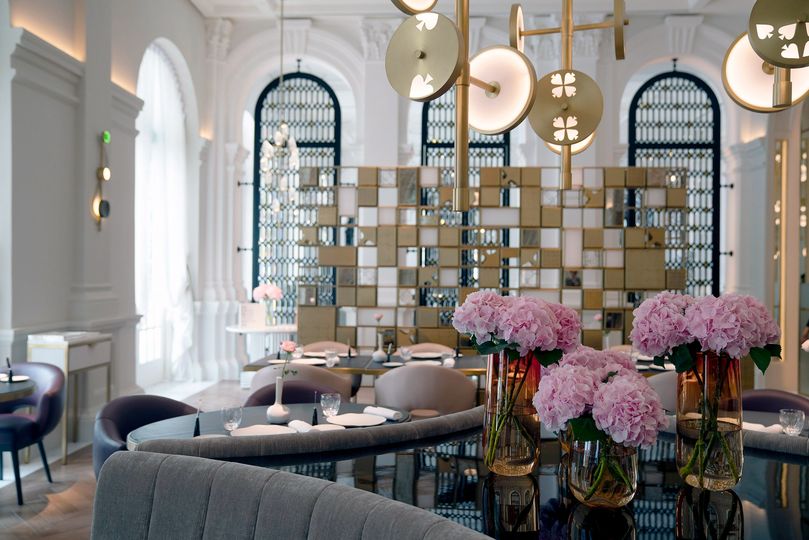
A big part of Starwood’s success came via its loyalty program, Starwood Preferred Group.
That may explain why Bazin began an overhaul of Accor’s own offering in 2019, renaming it Accor Live Limitless (ALL) and setting out initial point-earning guidelines that would allow consumers to reach high tiers of status not just through overnights at Accor hotels but with simple everyday purchases on its new co-branded Visa card.
He adds that Accor’s new relationships with U.S.-centric brands will help, too – even if it may take a few months for the hotel business to start rebounding in a meaningful way.
Faena himself isn’t worried. He’s currently building the brand’s largest and most ambitious project in Dubai – on which he is still tight-lipped. “I don’t want to get tempted, but yes, this one is even bigger than Miami,” he explains.
Scaling Faena will be a slow and steady race. Its third location will take roughly two years to finish, and a fourth is in development though not yet confirmed. “It can’t be driven by volume,” says Bazin. “Otherwise, you’ll kill the soul of the brand.”
No matter, says Hanson. When a brand is special, he explains, “It only takes a small number [of properties] for consumers to know about it - maybe as few as three.”
This article is published under license from Bloomberg Media: the original article can be viewed here
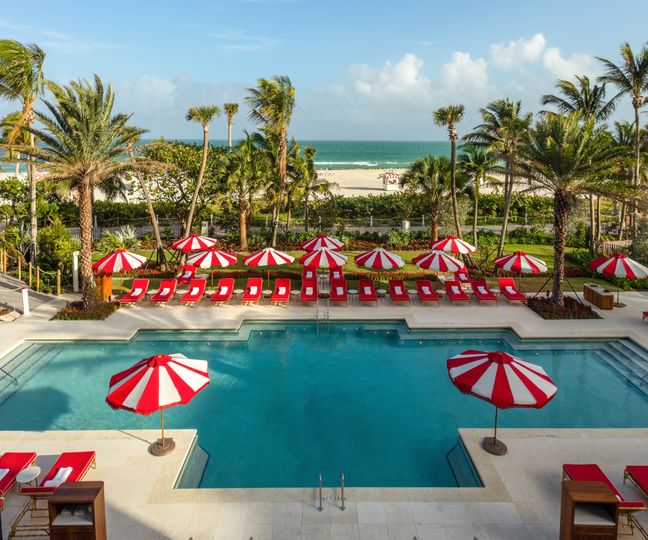
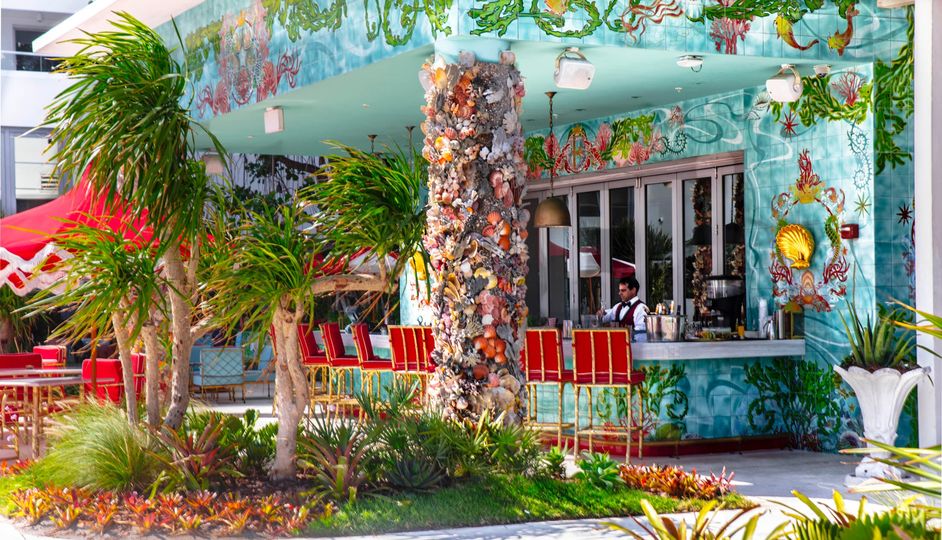
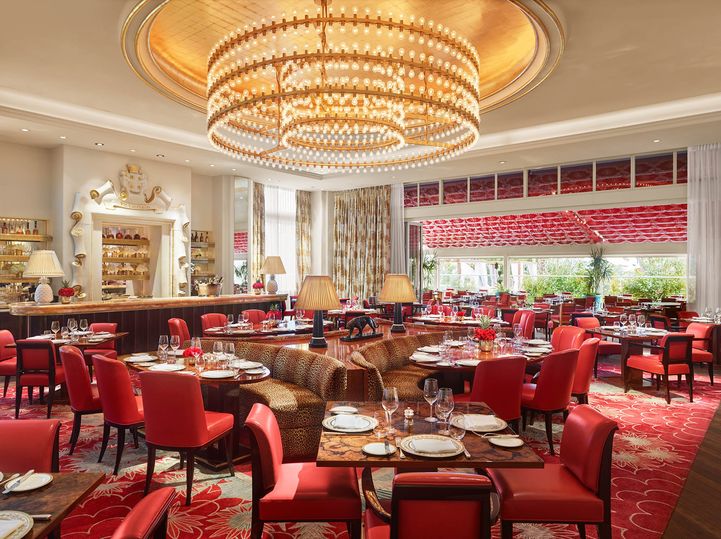
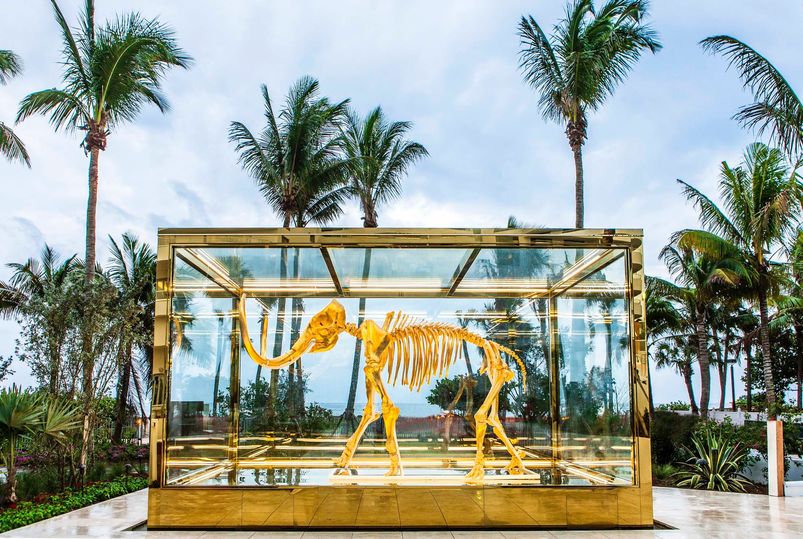
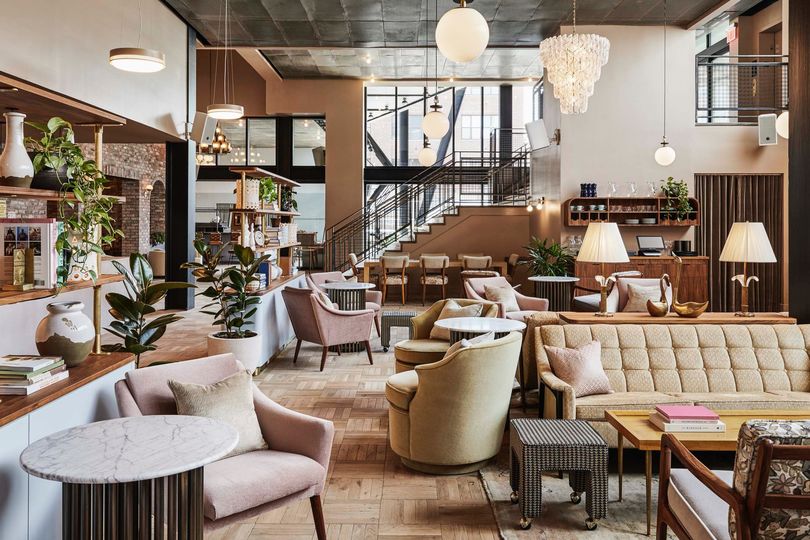

Virgin Australia - Velocity Rewards
21 Feb 2012
Total posts 29
Accor “tightens its grip on the luxury hotel market”. They have a long way to go to get anywhere near the standards of Four Seasons, Mandarin Oriental, Ritz Carlton and the likes. Accor can buy up the hardware but it’s their 3-4star upbringing and mentality that is the difference between them and the true leaders of the luxury market. They truly are the McDonalds of the hotel industry from my experience.
Qantas - Qantas Frequent Flyer
11 Oct 2014
Total posts 688
There seems to be a lot of curious twists and turns going on within Accor.
The company has just walked through a substantial process of almost completely re-funding and financing it's global operations to ensure liquidity during this COVID emergency. Now it seems to want to partner with a fantasist specialty boutique hotel developer whose projects brag billion dollar plus development costs? Hmm, if you're a little short on liquidity, perhaps this may not be the best use of funds - at a point in time where revenue and patronage are not certain? One would think that Accor would have followed a similar acquisition pattern to that employed in Australia, in order to build up the number of Accor-branded hotels in the USA / Canada market.
Few will remember the anticipated announcement some 5-6 months ago that IHG Intercontinental Hotels Group was to undertake a potential merger with the Accor group. Apart from the grand announcement, not a single word has been written about the merger - and no reports have appeared in the financial press either. One can only assume that what IHG may have seen was not to their liking?
Unusual, since IHG desperately needs a merger of scale with a compatible partner to approach and match the size and capitalisation of Hilton Corporation (surrently around USD $25 billion).
In the sub USD $10 billion category, the pickings for IHG are relatively slim, with Choice Hotels (approx $3 billion cap) and Wyndham ($5.5 billion) being visible, known options. Hyatt ($7.5 billion) is seen as a direct competitor, which is very tightly held by the Pritzker family. IHG is valued at around $12 billion - but there is virtually nothing in the $10 - 20 billion area.
While the industry sector has amortized into behemoths with scads of brands in their respective families, I wonder if Accor is starting to feel a little left out? I also wonder if the hotel industry has lost it's brand recognition strategy? After all, who can remember all 30 brands nestled under the Marriott brand? Who can easily name all of the Hilton family member brands, without looking them up? To me, these mega combinations serve to de-commoditize the value of the brand names. Perhaps, the idea is simply to force you - as a client - to book directly on the Group's multi-brand website, to ensure that loyalty can be maintained? Trouble is, life isn't always reflective of that. Short notice bookings are often done through OTA's (online travel agents, such as Expedia, Booking.com etc). That's when things get tricky for all.
Virgin Australia - Velocity Rewards
13 Dec 2012
Total posts 52
I would have to say from a technology point of view Accor is pretty hopeless - trying to navigate membership and books is usually a nightmare.
Hi Guest, join in the discussion on Accor tightens its grip on luxury hotel market with Faena deal